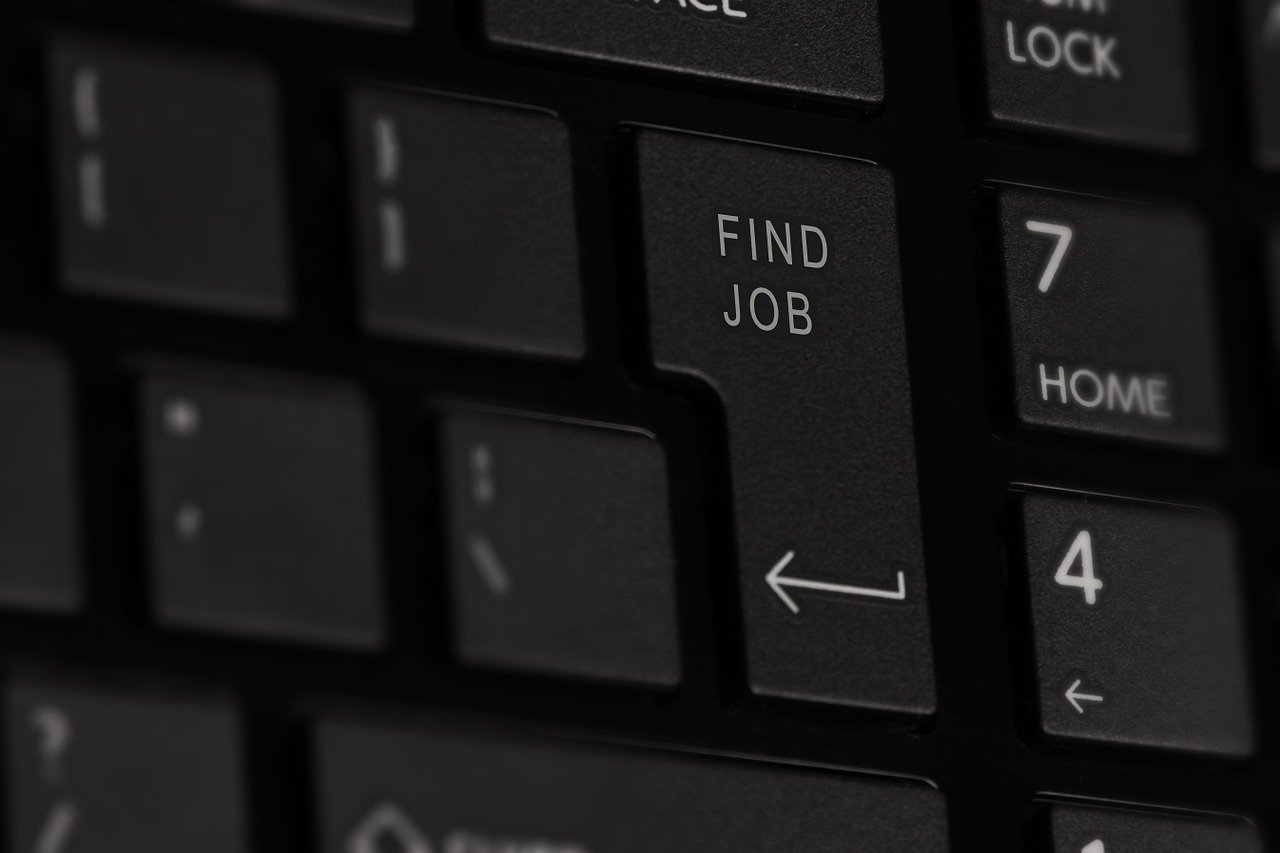
Why some say it is the best month
One of the reasons that job hunting in January is the best is because more companies are looking to hire more people as they all have new budgets. If companies have new budgets, then it means they have more money to spend on finding new recruits and offering competitive salaries. They also have time to spend going through all applicants’ CVs as they aren’t pressured with several deadlines like they are at the end of the year. There is also a lot of competition for employers to choose from, so they are more likely to go through each application carefully to find the right recruit which means you CV will more than likely be seen.
Key steps to getting hired:
1. Up to date CV
To position yourself for a new job, the first thing you will need to do is update your CV. Keeping track of your most recent skills and qualifications is a crucial factor when trying to start a new career. You should focus on key areas such as employment history, experience and the skills you have learnt. There will be a lot of competition when job hunting in January as many people will be in the same position as you, therefore it is beneficial to understand what position/role you are looking for and what company would best suit you. This will enable you to find specific areas to look in and will benefit you in the future as you will be more engaged in a position you are interested in.
2. Network
Networking is also something to consider when job hunting in January. The more you network with recruitment agencies and companies, the more likely you are to find a new job. Creating a list of targets, accomplishments and target industries will help you to find the relevant people to network with which can increase future possibilities. Using social presence can aid networking, especially using LinkedIn. Many employers use LinkedIn to search for new employees and may want to view your profile before calling you to invite you for an interview.
3. Interview prep!
Lastly, practice generic interview questions! There’s nothing more daunting than going to an interview and not being prepared. If you are invited for an interview then do not wait until the night before to practice interview questions, or even research the company. Being invited for an interview for a position that you really want should encourage you to research the company beforehand to cover any questions asked. Most employers normally start an interview by asking questions which are about you, so these should be fairly easy to answer. Following this, employers are likely to ask some competency-based questions which help them to understand how you would handle certain scenarios.
Depending on the company, the interview process can either take up to a month or a week. Therefore, you should always be prepared for either of those situations. After the interview, the recruiter should inform you when you will hear from them next. However, if you still haven’t heard from them within a week then you can check in to see how the process is coming along.
If you’re looking for a new role, visit the Women in Tech Job Board for all the latest roles with big brands here






